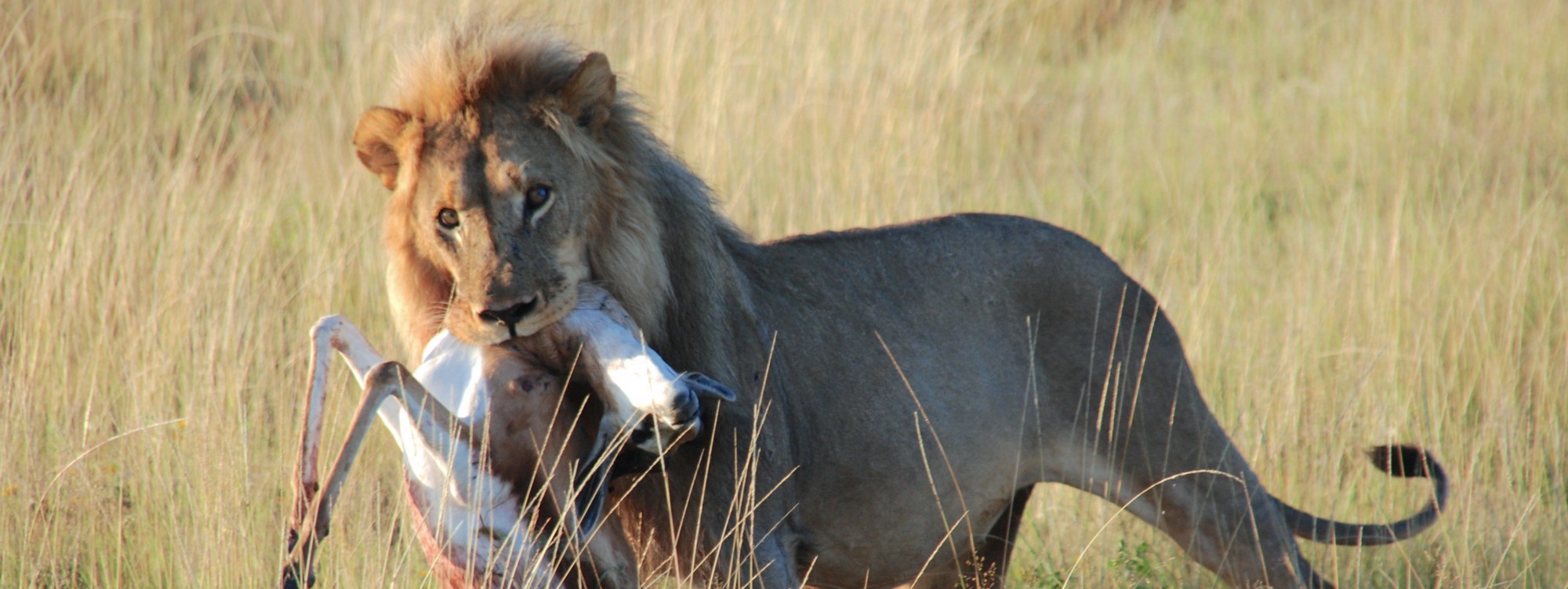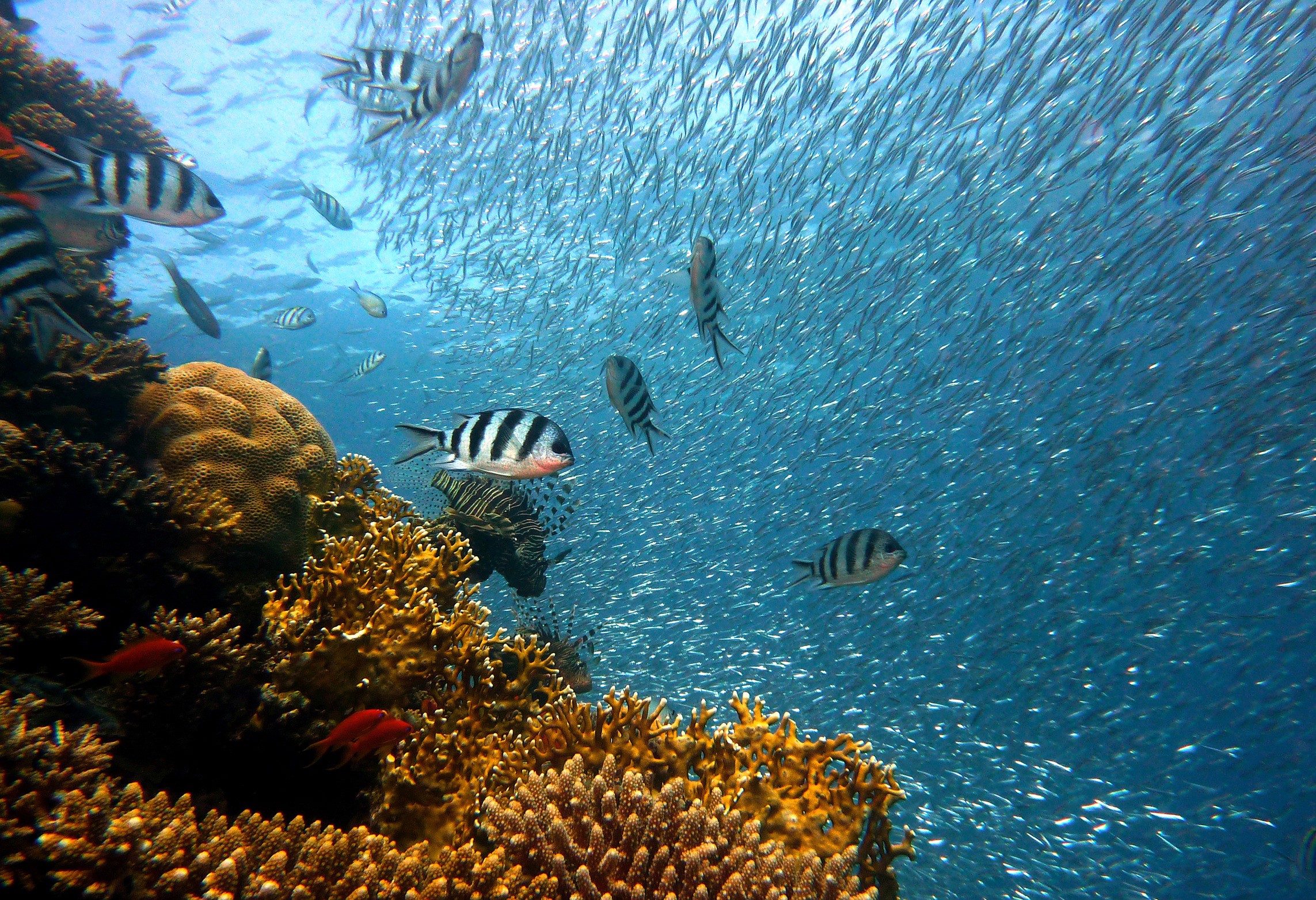Stories featured in


When Floodwaters Subside, Termite Troubles Can Rise
As floodwaters brought by Hurricane Florence subside, homeowners, businesses and the government face the long task of cleaning up. But as the crews do their work, there is a little-talked-about danger in the aftermath of severe storms like this one — Formosan termites. This invasive species is a plague on homes and structures across the southeast, where decades-longREAD MORE

Meet Eleanor, the Stormproof Sea Turtle
Eleanor the sea turtle is one tough lady. Not only did she ride out a powerful tropical storm, but she did it in style. “Eleanor’s ‘sea turtle tale’ is a sunshine story about how wonderful nature is,” said Maria Wilson, a biologist at the University of Southern Denmark. “Sea turtles have been around for millions ofREAD MORE

The Little Snail That Could
The fate of aquatic ecosystems in a warming climate may well rest upon the appetite of a tiny snail-like herbivore you’ve probably never heard of: the limpet. The behavior of the little limpet, in fact, is a perfect model for what scientists see as a defense strategy against the pressures imposed upon the environment by increasingREAD MORE

Bad News for Tasty Animals: Hotter Weather Will Make Predators Even More Vicious (VIDEO)
Imagine nature like a scale, with predators on one side and prey on the other. When too many lions are on the prowl, antelope dwindle in numbers. When too few lions roam the savanna, antelope flourish and decimate grasslands. The balance needs to be just right. Scientists say that rising temperatures could tip the scale, disruptingREAD MORE

Six Charts Show Why No One Is Talking About Climate Change
If you’re like the average American, you are probably worried to some degree about climate change. But odds are you don’t spend a lot of time talking about it. At least that’s what the data show. Social scientists disagree about why this is the case, but a new report from Yale and George Mason University offersREAD MORE

Artificial Leaf Scrubs Carbon, Makes Fuel
Despite the dazzling growth of wind, solar and electric cars, we are going to put a lot of carbon into the atmosphere over the next half-century. Despite the best efforts of scientists to scrub CO2 from the skies, existing carbon-capture technologies remain too expensive to be practical. This week produced a ray of hope. Researchers atREAD MORE

3D Printing Could Save Coral Reefs
Timed for a recent World Oceans Day, a report from NOAA showed that coral reefs are enduring longer and more pervasive bleaching events. Warmer waters are cooking coral, sapping reefs of their color and life. Ecologists are scrambling to save coral reefs before it’s too late. Believe it or not, the solution could come from 3D printing. WhatREAD MORE
